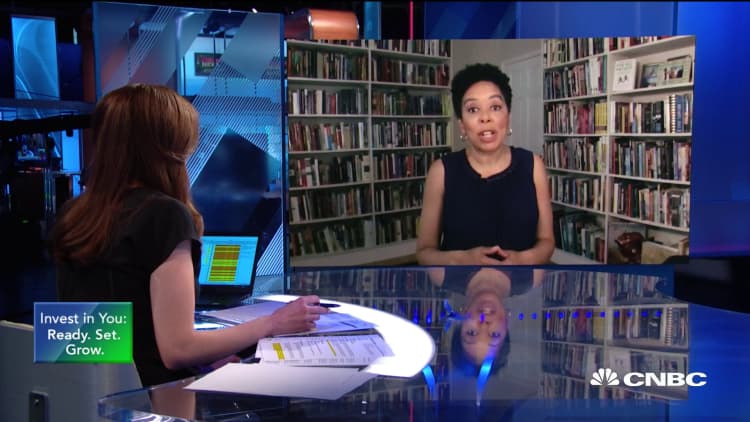
For years, student loan borrowers have suffered under the weight of excessive debt and interest. That's about to change.
Amid the economic shock from the coronavirus outbreak, the yield on the 10-year Treasury note, which is a barometer for student loans and other borrowing rates, has plummeted.
The U.S. Treasury Department's auction of 10-year notes on Tuesday had a high yield of just 0.700%, down from 2.479% a year earlier.
For student borrowers, all federal education loans issued for 2020-21 will be subject to lower rates based on changes in the government's cost of borrowing.
"This is good news in an unfairly difficult time," said Robert Humann, general manager at Credible.com, a marketplace of online lenders.
More from Personal Finance:
For cash-strapped Americans, loans are hard to come by
How to cope with the coronavirus-related money stressors
These are the best and worst ways to borrow money
Based on Tuesday's auction, the rates for undergraduate Stafford loans will be 2.75%, down from 4.5% in the 2019-20 academic year.
As a result, the average student with a $10,000 loan will save about $1,000 over the life of the loan, according to data compiled by Mark Kantrowitz, publisher of SavingForCollege.com.
The previous record low for interest rates on federal student loans was set in 2005, when interest rates fell to 2.875%, Kantrowitz said.
Graduate Stafford loans will also sink to 4.30% from 6.08% and the interest rate on PLUS loans will drop to 5.3%, down from 7.08%.
All federal education loans issued after July 1 will be subject to those rates.


